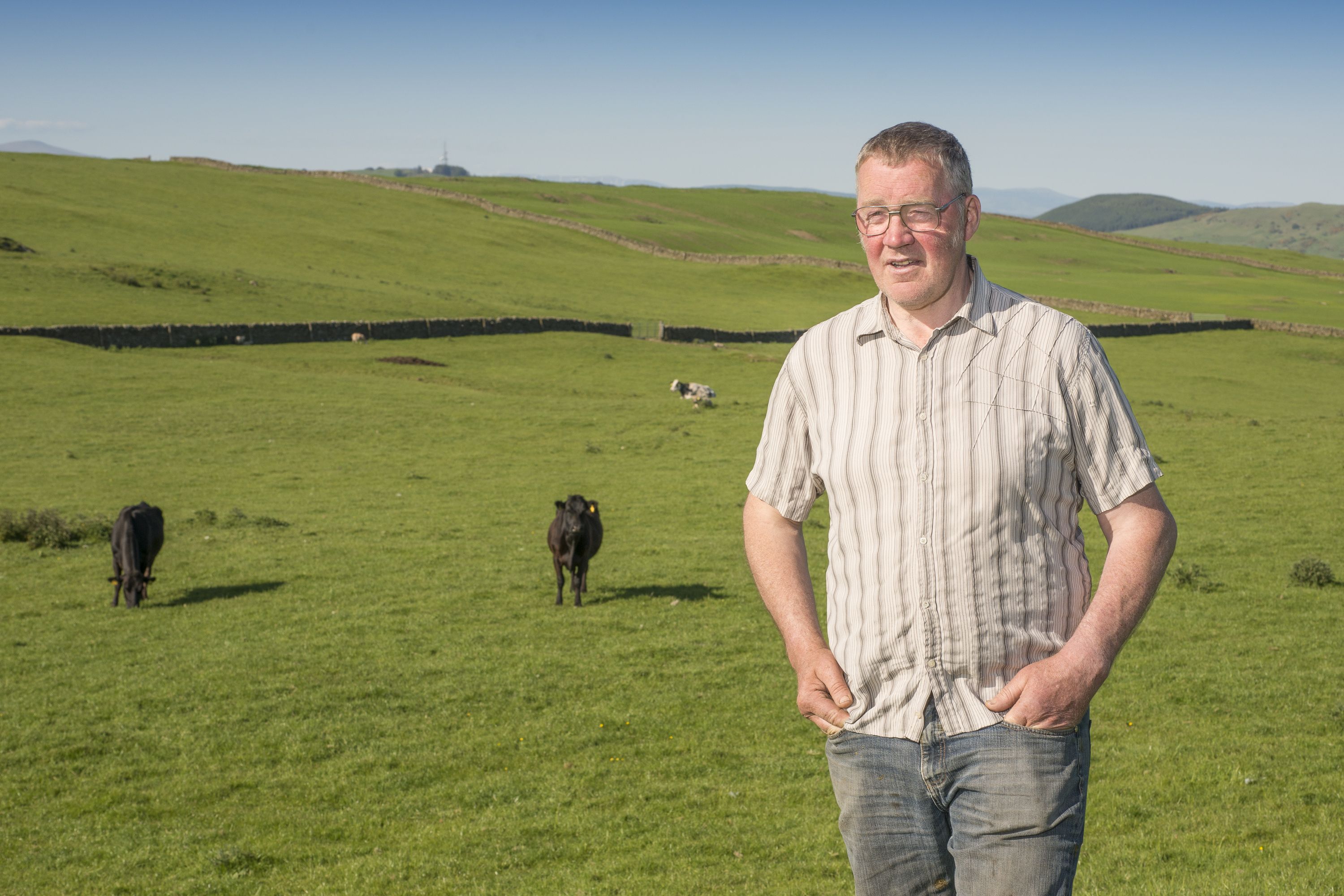The latest Scottish Government guidance on greening is so complex it has left even the experts at the farmers’ union confused and calling for clarification.
The changes to the rules for 2018 include new Ecological Focus Area (EFA) options on agroforestry, hedges and the ability to repair drains on fallow land plus changes to the provisions for field margins, green cover and nitrogen fixing crops.
The new rules have already been welcomed by the industry, but NFU Scotland (NFUS) president Andrew McCornick said first reading had raised a number of queries, in particular on the rules for hedges and grazing of margins.
“The difference between EFA that is beside watercourses and not beside watercourses is not clear and we want the membership to have absolute clarity going forward,” he said.
“The changes were hard won and will make a massive improvement but fields are being cleared right now and some crops are nearly ready to go in the ground. Farmers urgently need to know where they stand and as they currently stand the rules are not clear.”
NFUS has also requested that Scottish Government produce a simple condensed list of the changes for 2018 to allow farmers to easily identify the differences in the greening rules from 2017 scheme year to 2018.
Announcing the publication of the new guidance, Rural Secretary Fergus Ewing said the new guidelines would reward and incentivise sustainable farming practices from next year.
“These changes simplify the management of EFAs and will provide farmers with increased flexibility to manage their land in an environmentally friendly way,” he said.
The guidance was endorsed by Professor Russel Griggs’s expert group and includes changes introduced by the European Commission’s simplification agenda. Prof Griggs said the rules would allow farmers to meet greening obligations “while introducing flexibility to allow them to farm successfully and continue to deliver environmental objectives”.
The new rules also ban the use of plant protection products on many EFA options, a measure which has not been universally welcomed by the industry.










